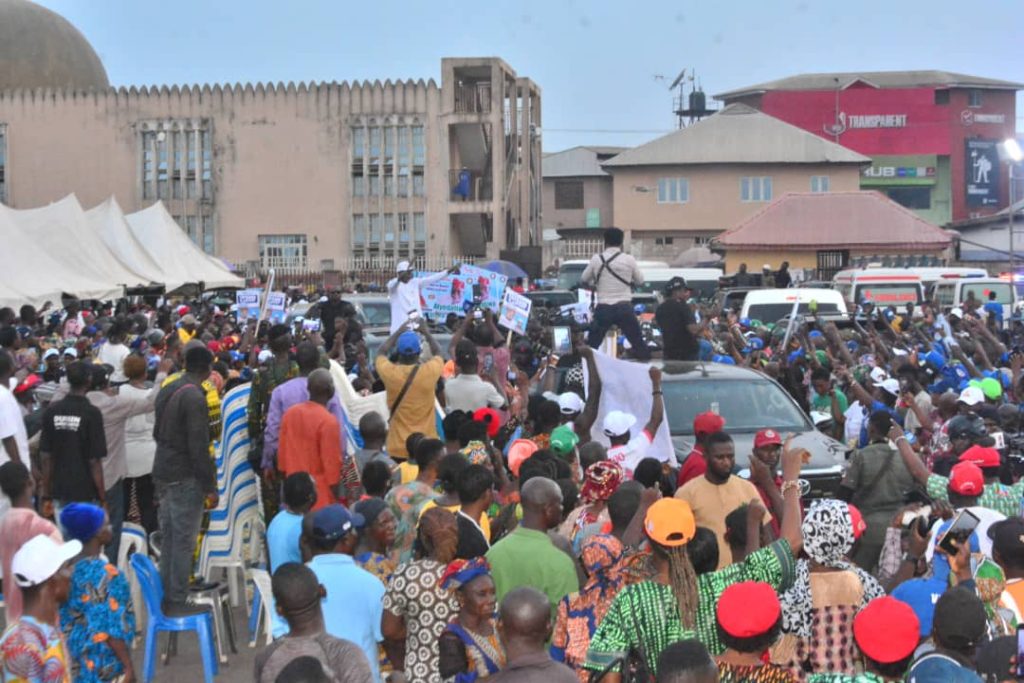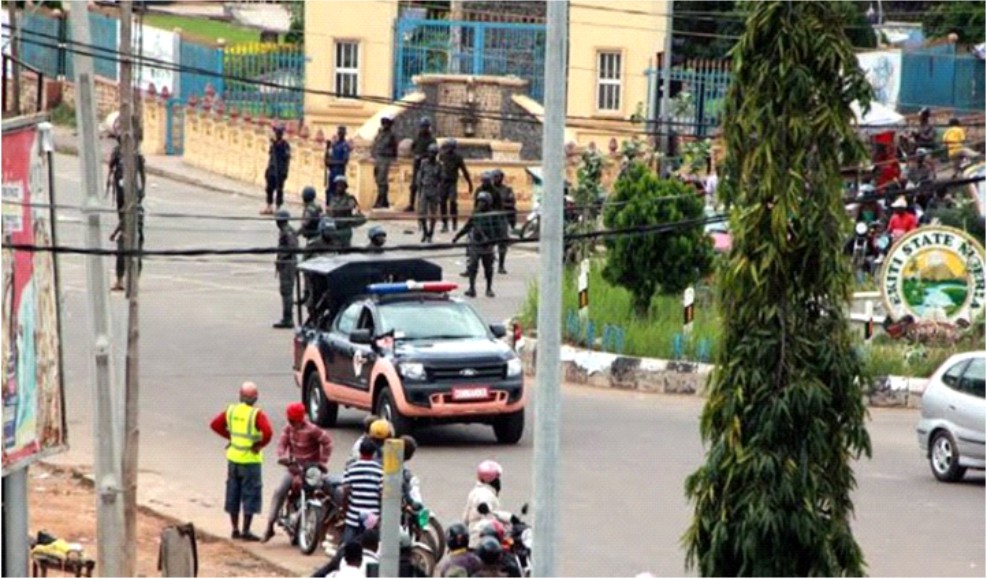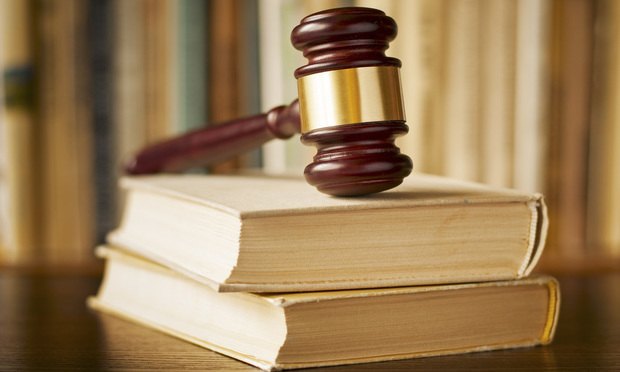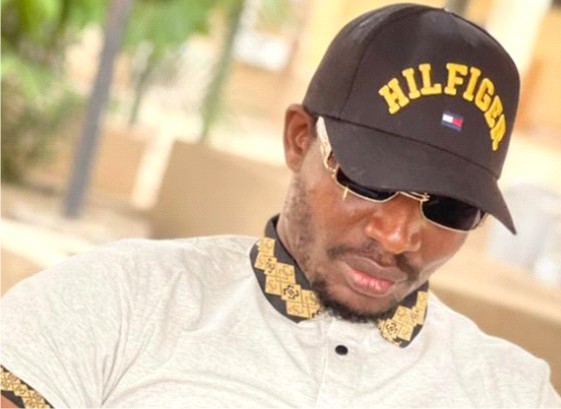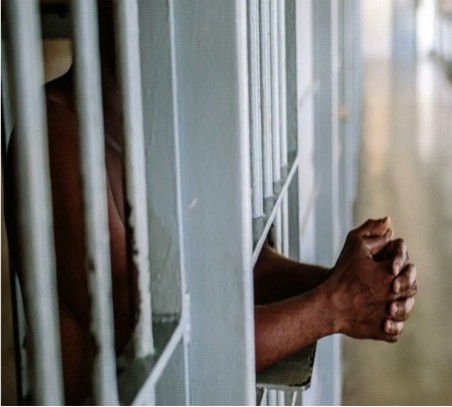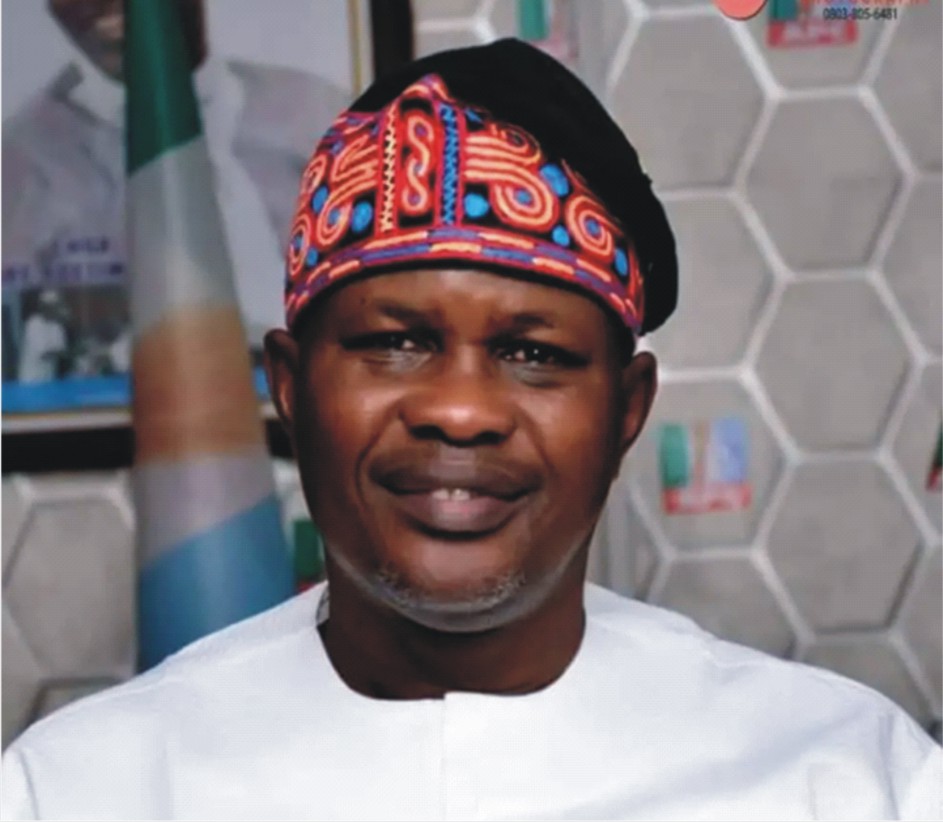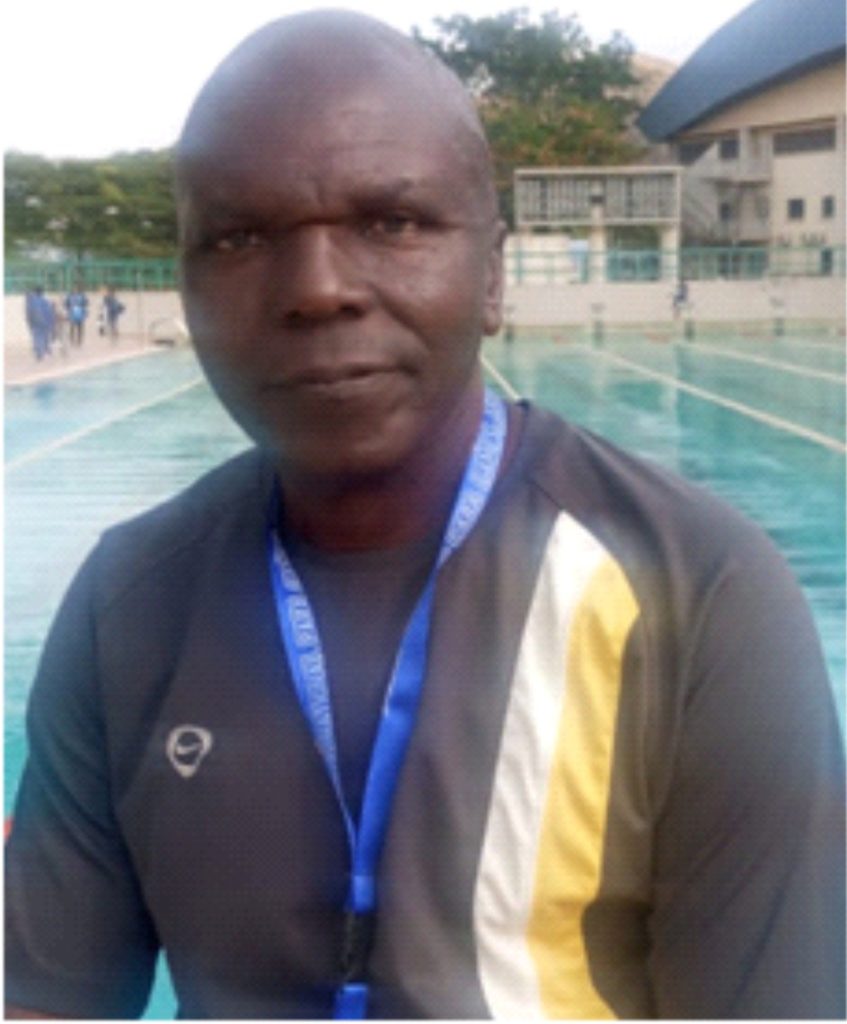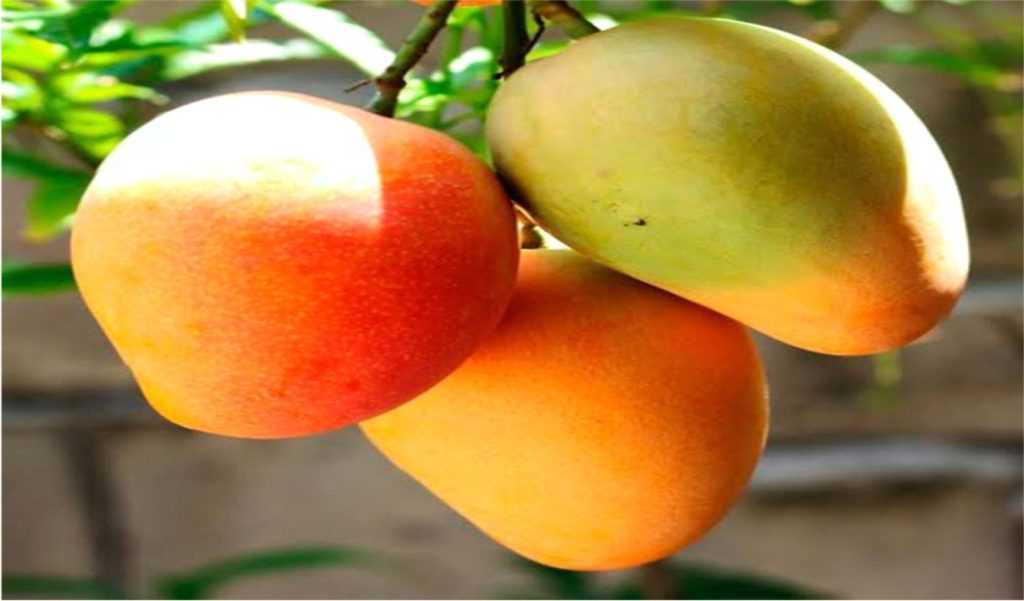Another Look at the Social Media
SOME years back, many Nigerians opposed the National Assembly’s move to enact a law regulating people’s use and activities on the social media because of their perceived fears that government may employ it to censor free speech as a fundamental human right. However, recent events arising from the #EndSARS protests have made lots of Nigerians to take a detour from their earlier stance.
THE 8thSenate had in 2015 contemplated a bill to regulate social media use among Nigerians. The bill which was sponsored by Senator Bala Na’allah came under intense criticism on the grounds that it was a significant clampdown on freedom of speech and deliberate target at critics of the National Assembly.
PART of what the bill proposed was: up to seven years in prison or N25,000 fine for “anyone who intentionally propagates false information that could threaten the security of the country or that is capable of inciting the general public against the government through electronic message and up to seven years in prison or N10,000 fine or both for anyone disseminating via text message, Twitter, WhatsApp, or any other form of social media an “abusive statement” or messages intending to “set the public against any person and group of persons, an institution of government or such other bodies established by law.”
REGARDLESS of the criticisms that greeted the introduction of the bill which eventually saw to its being stood down, the reactions of protesters and hoodlums instigated by fake news largely fuelled by the social media in the last few weeks has called for a rethink.
THE protests in Nigeria had been raging since early October as citizens advocated against police brutality at the hands of the Special Anti-Robbery Squad (SARS). Prominent figures described the protests as the most important moment in Nigeria’s history, and social media platforms like Instagram and Facebook had served as a central channel for the distribution of information.
HOWEVER, while some have praised Instagram for its ability to allow citizens to “go live” and relay to the world events as they are happening, others have criticised the platform and the algorithms it uses to flag posts as fake news. On 20 October 2020, as news broke out that peaceful protesters at the Lekki toll gate in Lagos were shot by the Nigerian Army, Instagram users from all over the world shared posts in solidarity. These posts were subsequently flagged by the platform as potentially false.
THE truth about this was that social media directly and indirectly misinformed the global audience as some conventional media (both home and foreign) relied largely on them for the information they relayed. Upon realizing the misinformation, some of the conventional media quickly retracted these stories with strong apologies to their audience. For instance, the British Broadcasting Service, BBC wrote: “Protests began earlier this month in Nigeria calling on the authorities to abolish a controversial police unit called the Special Anti-Robbery Squad (SARS).The story has started trending globally, with thousands of posts on social media, but not all of them factual. We have looked at some of the misinformation that has spread online.”
SOME of the stories BBC broadcast on EndSARS protests but retracted include a woman protestor whose brothers were said to have been killed by the police which turned out to be false and that protesters carrying the national flag will protect them from the army had no evidence. it also described as misleading a report that a senior Nigerian official called the protests ‘child’s play’ and called a tweet that has been re-tweeted thousands of times claiming that Catholic bishops had marched in support of the protests as an old video and therefore false.
MEANWHILE, before the facts emerged and surfaced in the public, the deed had been done as several persons including security operatives were killed while both public and private property worth billions of naira were either looted, vandalized or completely razed by hoodlums and arsonists. This, therefore, underscores the need for the regulation of the social media in our country.
CORROBORATING this, the Minister of Information and Culture, Lai Mohammed while reacting to recent developments said that the nation sits on a keg of gun powder regarding the issue of fake news, hence the need for the government to immediately begin to regulate the social media space. According to him, ”the war today revolves around two things. Smart phones and data and these young men don’t even watch television or listen to the radio or read newspapers. Unfortunately, we have no national policy on social media and we need one.”
We therefore join the minister to call for a regulation of the social media space in the interest of national unity and security as pretending that we don’t need one may spell a doom for our national peace and co-existence.

